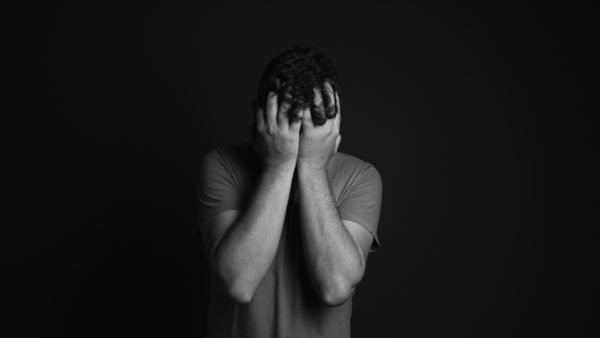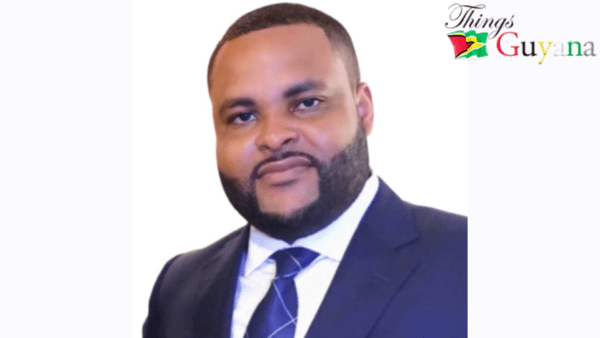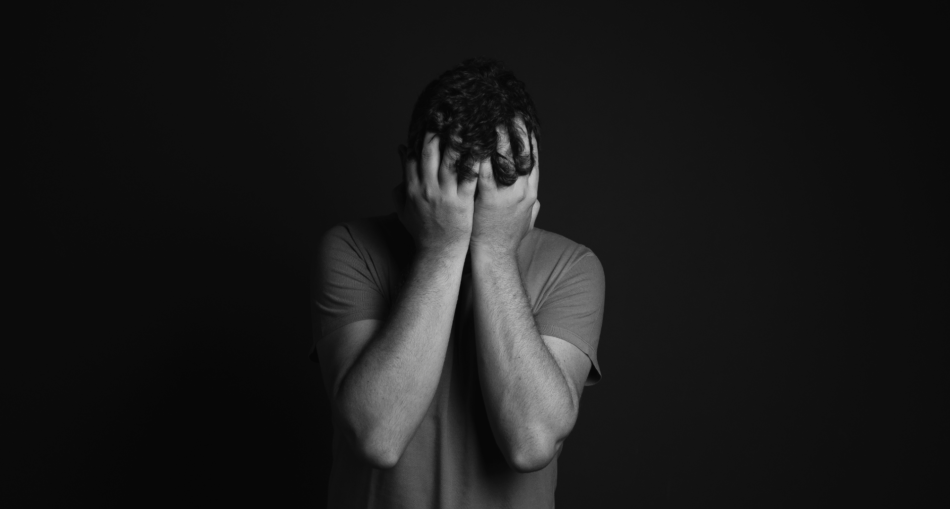In Guyana, mental health challenges among men are often compounded by societal expectations and traditional gender roles.

According to Dr. Moses Roderique, a Doctor of Clinical Psychology and a prominent advocate for mental health, many men in the country face mental health issues but feel discouraged from seeking help due to deep-rooted stigmas.
Dr. Roderique emphasised that the pressures placed on men—such as being primary providers and adhering to an image of strength – can lead to the suppression of emotions.
This emotional restraint often manifests in unhealthy coping mechanisms like substance abuse or violence.
In his assessment, Guyanese men are dealing with an array of challenges. These include depression, anxiety, and stress stemming from socioeconomic pressures, community violence, and unemployment.
MENTAL HEALTH STIGMA IN GUYANA
This Psychotherapist highlighted that traditional views in Guyana equate emotional vulnerability with weakness. He argues that this cultural narrative around masculinity encourages men to suppress their feelings rather than seek support.

Dr. Moses Roderique
He shares that men are less likely to express feelings of vulnerability and more likely to adopt unhealthy outlets, such as increased alcohol consumption or aggression, when facing emotional distress.
I would advise men to understand that seeking help is a sign of strength, not weakness. Building emotional resilience is just as crucial as physical strength.
This statement speaks directly to one of the most prevalent mental health issues affecting men—not only in Guyana but worldwide—the reluctance to seek help due to fear of being perceived as weak.
Dr. Roderique stressed that mental health care should be normalised as essential to overall well-being.
WARNING SIGNS AND COMMON STRUGGLES
Dr. Roderique encourages the public to look out for warning signs in men who might be struggling. These can include increased irritability, withdrawal from family or social engagements, a decline in personal hygiene, and a noticeable change in drinking habits.
Additionally, reduced performance at work or school, along with fatigue or expressions of hopelessness, can indicate mental health struggles.
He notes that, culturally, men in Guyana may display externalising symptoms such as aggression and irritability, while women are more likely to internalise emotions through sadness or anxiety.
These different expressions are influenced by societal expectations, with men feeling compelled to act out rather than admit vulnerability.
THE IMPORTANCE OF COMMUNITY SUPPORT
Dr. Roderique believes that breaking the stigma surrounding men’s mental health begins with creating safe spaces for open dialogue.
Community education and awareness campaigns are crucial to fostering a culture where men feel comfortable discussing their mental health struggles.
Support groups, storytelling, and community-led discussions are some of the methods Dr. Roderique recommends for engaging men in these conversations.
In particular, he emphasised the power of integrating mental health discussions into familiar community settings like sports events. This approach helps men feel at ease and less intimidated by the topic.
ACCESSIBLE MENTAL HEALTH RESOURCES
One of the barriers men face in seeking mental health support in Guyana is the lack of resources, especially in rural areas.
Dr. Roderique acknowledged that while resources are still developing, organisations such as the Mental Health Unit of the Ministry of Health and various NGOs are working to improve outreach.
Hotlines, community clinics, and support groups are becoming more accessible and are providing vital services for men in need.
Finding a trusted friend or family member to talk to can be a good first step. Encouragingly, many community health resources are available, and taking that initial step to seek assistance can lead to healthier outcomes.
Approaches like Cognitive Behavioral Therapy (CBT) and group therapy are effective strategies for treating mental health issues. Dr. Roderique also advocates for blending traditional and modern therapeutic practices to better resonate with local culture, ensuring that mental health care is both accessible and culturally appropriate.
BUILDING A HEALTHIER FUTURE FOR GUYANESE MEN
Dr. Roderique’s message is clear: Men in Guyana must begin viewing emotional strength as a form of resilience rather than weakness.
He stresses that a shift in mindset is necessary to break the cycle of stigma and encourage men to take the first step toward better mental health.
By normalising discussions about mental health and creating an environment where seeking help is encouraged, the hope is that men in Guyana will feel empowered to prioritise their emotional well-being.
Through collective efforts by health professionals, community leaders, and everyday citizens, Dr. Roderique believes a healthier, more supportive culture around men’s mental health can be achieved in Guyana.
If you or anyone you know is feeling depressed and possibly contemplating suicide, kindly contact the Guyana Inter-agency Suicide Helpline on telephone numbers +592 223-0001 or +592 223-0009.







